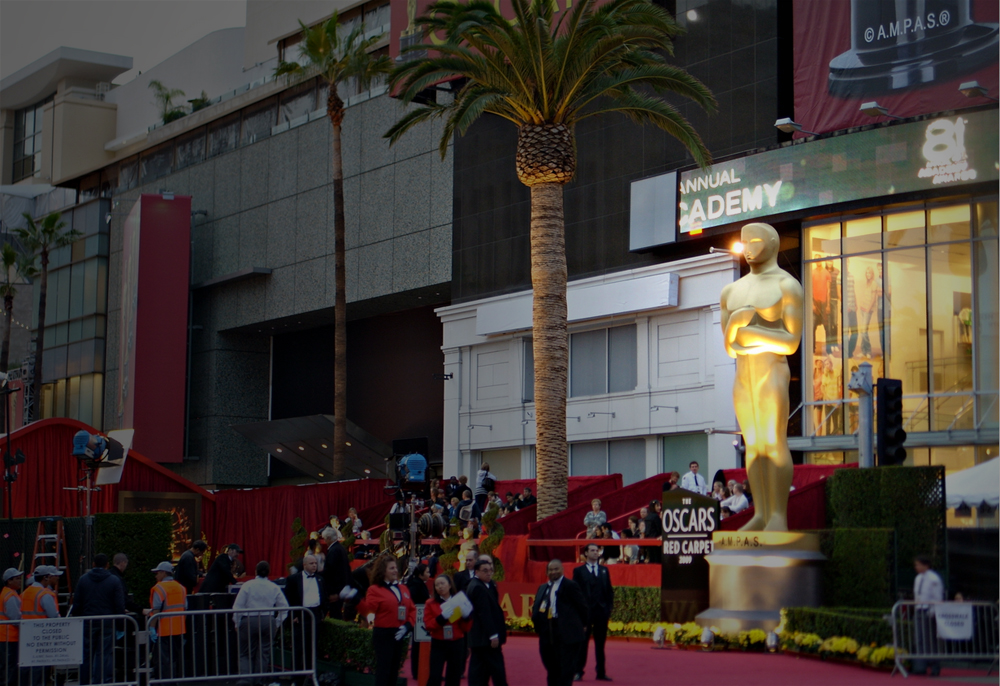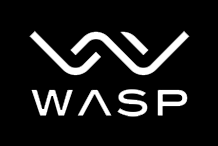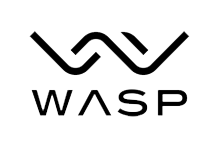
The recently concluded 87th Academy Awards was not just grandeur of honor and recognition for the best of cinematic work but also an opportunity seized by various marketers and brands to leverage on the most popular Hollywood event across the globe. With live tweets and updates, it’s one of the most sought after events on Social Media.
There’s a lot to learn from the various mar-tech campaigns that happened during this years’ Oscars.
- The Lego Oscar: One brand that made out the most from #Oscars2015 has definitely to be Lego. Though the Lego movie did not win any awards, the brand’s idea of handing out Oscars made of gold Legos to other non-winners did more for the brand than actually winning. Celebrities like Oprah Winfrey, Meryl Streep and Bradley Cooper were delighted to receive the Lego Oscar during the performance of Everything is Awesome and take pictures with their plastic replica.
- The U.S. Labor Department: Made popular by the Oreo Super Bowl Blackout Tweet, this technique has fast gained attention among brands. The U.S. Labor Department, though not a commercial brand in itself, made best use of this technique after Patricia Arquette’s winning speech. In short, they nailed it!
- Apple iPad to Make Films: Apple released a new ad on Sunday which says ‘The next Martin Scorsese may be busy shooting a movie right now on an iPad.’ This Ad was perfectly timed and was designed to inspire the next generation of talent who could be the new-wave of Academy Award recipients. It also offered a great example for an integrated marketing approach because Apple bundled together film making apps available in the app store to further drive engagement and sales.
- The Oscars’ Campaign: The host, Neil Patrick Harris, put his predictions in a lock box at the beginning of the show and kept a camera on it throughout, which was projected on the live feed, to show no one changed his predictions. At the end of the show, he revealed that his predictions were all accurate. Simultaneously, the Oscars drove viewer engagement and integrated the use of its website and social media by allowing viewers to make their own predictions about who would win on their site. This is a simple but interesting example of how offline techniques can be used to drive user engagement on Social Media.
The use and effectiveness of real-time marketing has remained a debated subject since the term was cultivated during Oreo’s Dunk in the Dark Campaign. However, there is a lot to be learned from real-time campaigns – regardless of their success. We will be back tomorrow to further analyze real-time marketing strategies and how they can be applied to any company on any scale.

